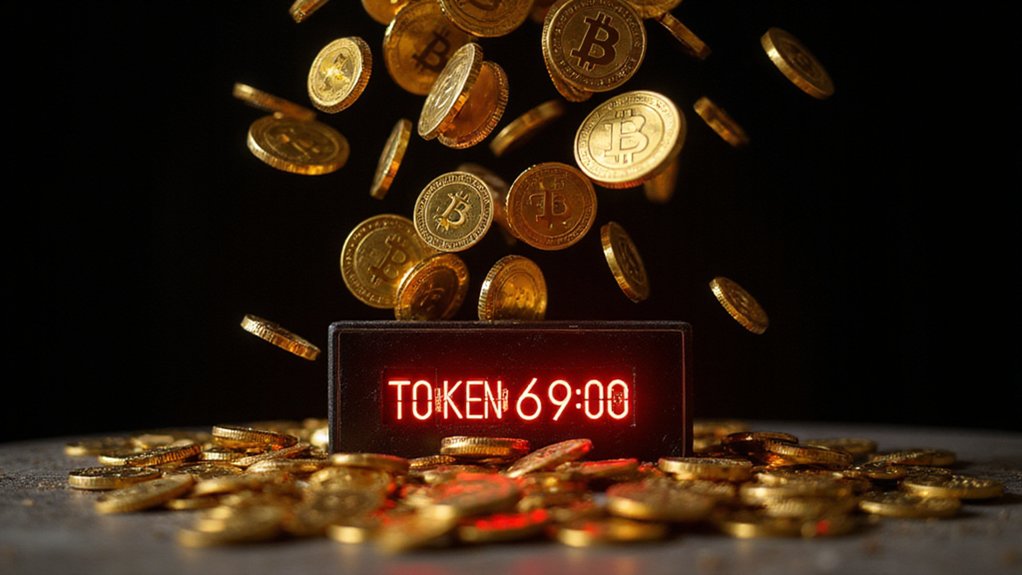While most governments struggle to even define cryptocurrency mining, let alone regulate it effectively, Russia has characteristically opted for the bureaucratic equivalent of a sledgehammer: an extensive national registry designed to catalog every mining rig from Moscow to Vladivostok.
The Ministry of Energy, collaborating with the Federal Tax Service and Ministry of Digital Development, launched this ambitious tracking system in February 2025. The registry demands mandatory submission of rig serial numbers, device models, and thorough hardware details from both industrial operators and individual miners—a requirement that would make even the most compliance-obsessed accountant wince at the paperwork involved.
This bureaucratic blitzkrieg follows Russia’s August 8, 2024 law defining digital currency mining and establishing Mining Infrastructure Operators (MIOs). The legislation clarified what constitutes legal mining operations, though apparently 70% of miners missed that particular memo. Current compliance rates hover around 30%, suggesting that Russian miners possess either remarkable faith in government amnesty programs or an impressive tolerance for regulatory risk.
70% of Russian miners apparently missed the regulatory memo, displaying either remarkable faith in amnesty or impressive risk tolerance.
The registry’s primary target? Energy theft masquerading as cryptocurrency entrepreneurship. Illegal miners have been exploiting subsidized residential electricity rates—a practice that transforms household power subsidies into inadvertent mining incentives. The government’s frustration with unauthorized grid connections and power theft has reached levels typically reserved for tax evasion or Olympic doping scandals.
Regional governments in high-mining areas have received draft registry data, creating a thorough surveillance network that would make Soviet-era bureaucrats nostalgic. The system promises precise electricity usage tracking, enhanced taxation capabilities, and reduction in illegal energy consumption—outcomes that assume miners will voluntarily register equipment they’ve been operating in regulatory shadows. Given the volatile nature of cryptocurrency markets, proper risk management strategies become crucial for miners operating within these new regulatory frameworks.
Whether this registry will successfully transform Russia’s crypto mining landscape or simply create new categories of compliance theater remains unclear. The government expects increased transparency and legitimacy, though convincing the remaining 70% of unregistered miners to embrace bureaucratic oversight presents challenges that extend far beyond technical implementation. The Ministry of Finance’s proposed VAT regulations for mining services will add another layer of compliance complexity starting January 1, 2026.
The initiative represents Russia’s characteristically direct approach to cryptocurrency regulation: thorough, centralized, and utterly confident that administrative solutions can resolve what are fundamentally economic incentive problems. Meanwhile, authorities have stepped up enforcement efforts by shutting down multiple illegal operations in 2025, including discoveries in garage complexes and village truck operations across various regions.








